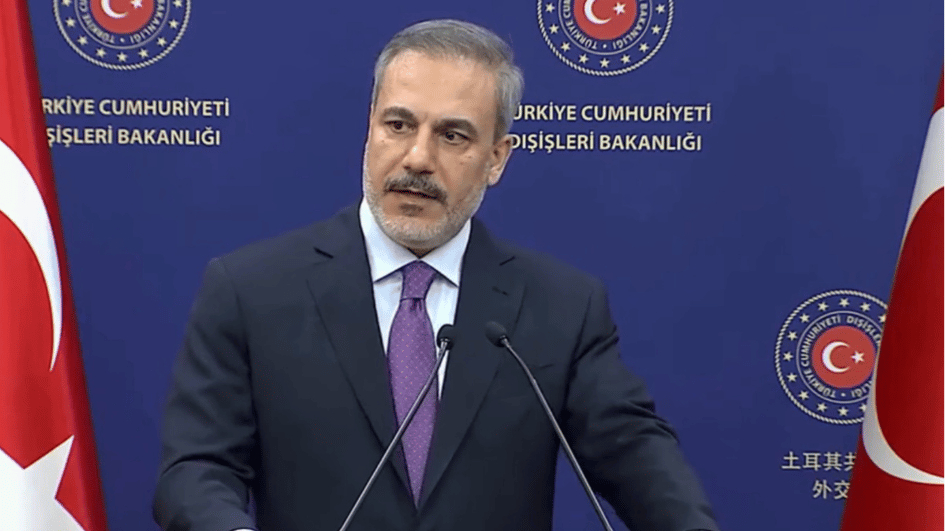Not a happy new year?
The world economy can still be defined with the phrase “gloomy present, grim future.” Distressing news is coming from every corner of the globe. There is a serious slowdown in the two biggest eurozone economies, Germany and France. The United Kingdom’s growth forecast for next year has been slashed to 0.7 percent. The forecast for Brazil, one of the leading members of the emerging economies and the BRICS, indicates that rapid growth has halted. There is also a dearth of good news for most other Latin American countries.
However, not all the news is bad. Although the U.S. “fiscal cliff” is having somewhat of a negative impact, there has been some good news for the American economy with the modest increase in employment and consumer spending. This, of course, is not enough yet to help the United States itself and produce the awaited European recovery; on the contrary, the U.S. economy will be seriously harmed if the eurozone collapses. In addition to good news, it is understood now that 2013 will not be so bad for East Asian countries, except for perhaps Japan. Nonetheless, the very high growth rates of previous years will not be attained.
After all this somewhat gloomy news, what can politicians tell the people when giving their traditional new year’s messages? In Western democracies, authorities once used to prefer to tell the people the true dimensions of the present and future economic problems – even if the approach was politically risky for them. It was assumed that if people did not comprehend how serious those problems were, it would be almost impossible to convince them about the necessity of the implementation of bitter measures.
Unfortunately, it is obvious now that people do not want to hear excuses in place of solutions that will not harm their daily lives. Almost everywhere, especially in Europe, people are now opposing austerity measures. It means that even if they have understood how serious their country’s economic problems are, they prefer not to drink any bitter medicine.
Then what can governments do to change people’s minds? Telling the truth repeatedly might carry big risks. Listing the seriousness of the economic problems day by day presents the risk of producing greater pessimism that would most likely create widespread panic among the people, leading them to perhaps cut their spending further, which would result in another drastic fall in total demand and a rapid increase in unemployment.
Governments, thus, seem to be left with two options: Don’t tell people the whole truth to prevent widespread panic that could compound the problems of the present, or openly explain the real dimensions of the problems so as to avoid providing fertile ground for rumors that could become more harmful than just telling the truth. It’s easy to say but difficult to decide. Naturally, there is a middle way between these two options, which means neither keeping all the bitter realities secret, nor announcing all of them in a single day. Although it seems rational, it is unfortunately not practical.
The 2013 projections for the Turkish economy made by some international institutions are surprisingly quite positive, although the IMF is still highlighting the current account deficit risk. The growth rate will rise slightly, while inflation will most probably decrease. The foreign trade and current account deficits will continue to narrow. At the same time, slow growth means no considerable progress in employment and income distribution. All these predictions indicate that 2013 will not be a very happy new year for Turkey, but after comparing these troubles to the ones in Europe, it’s better not to get too upset.










